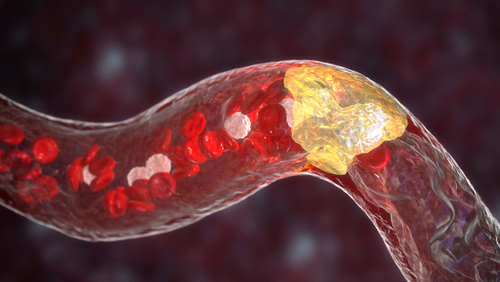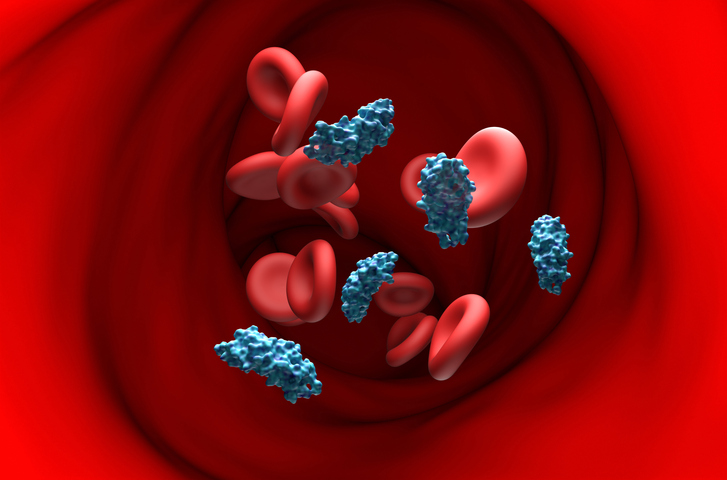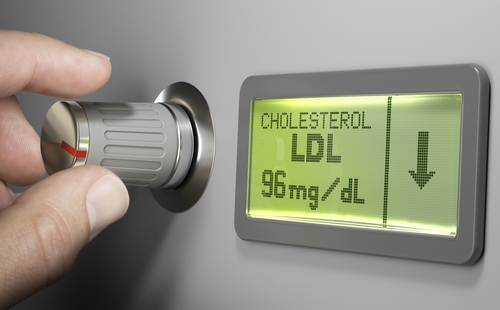
Researchers have published in Nature Cardiovascular Research a landscape of the cardiometabolic factors related to immune checkpoint inhibitors, a potent cancer therapy, specifically atherosclerosis. The researchers at NYU Langone Health and Pearlmutter Cancer Center aimed to determine the mechanisms behind the inflammation, such as buildup of plaques within artery walls, associated with this potent cancer therapy.
The researchers explored how immune checkpoint inhibitors interact with immune cells within arterial plaques at the cellular level. They analyzed the genetic activity of thousands of immune cells collected from the plaques of 50 individuals undergoing a surgical procedure for atherosclerosis.
A genetic analysis performed by the study authors showed that the same type of immune checkpoints targeted by cancer therapies also appear in arterial immune cells, establishing a link between checkpoint inhibitors and cardiovascular events.
“Our findings provide new insight into how a drug intended to target tumors can also prompt a heightened immune response in arteries and increase risk of heart disease,” said co-senior author Chiara Giannarelli, MD, PhD. “Cancer patients and their physicians should be aware that they may need to monitor for new heart concerns following cancer treatment,” added Giannarelli, an associate professor in the Department of Medicine at NYU Grossman School of Medicine.
As part of the study, the team assessed immune checkpoint activity in arterial tissue collected from eight patients with type 2 diabetes and four healthy volunteers. Of note, none had a history of atherosclerosis. Patients with diabetes had less measurable communication between checkpoints, which in turn, can promote inflammation.
“Overall, our findings demonstrate that most T cells within human atherosclerotic plaques, whether carotid or coronary, can be directly influenced by US FDA-approved ICIs targeting PD-1, CTLA4 and LAG3. Among myeloid cells, CCR7+FSCN1+ dendritic cells predominantly expressed molecules targeted by US FDA-approved or investigational ICIs, indicating that these cells are key mediators of the immune response to ICIs within plaques,” the researchers wrote.






 © 2025 Mashup Media, LLC, a Formedics Property. All Rights Reserved.
© 2025 Mashup Media, LLC, a Formedics Property. All Rights Reserved.